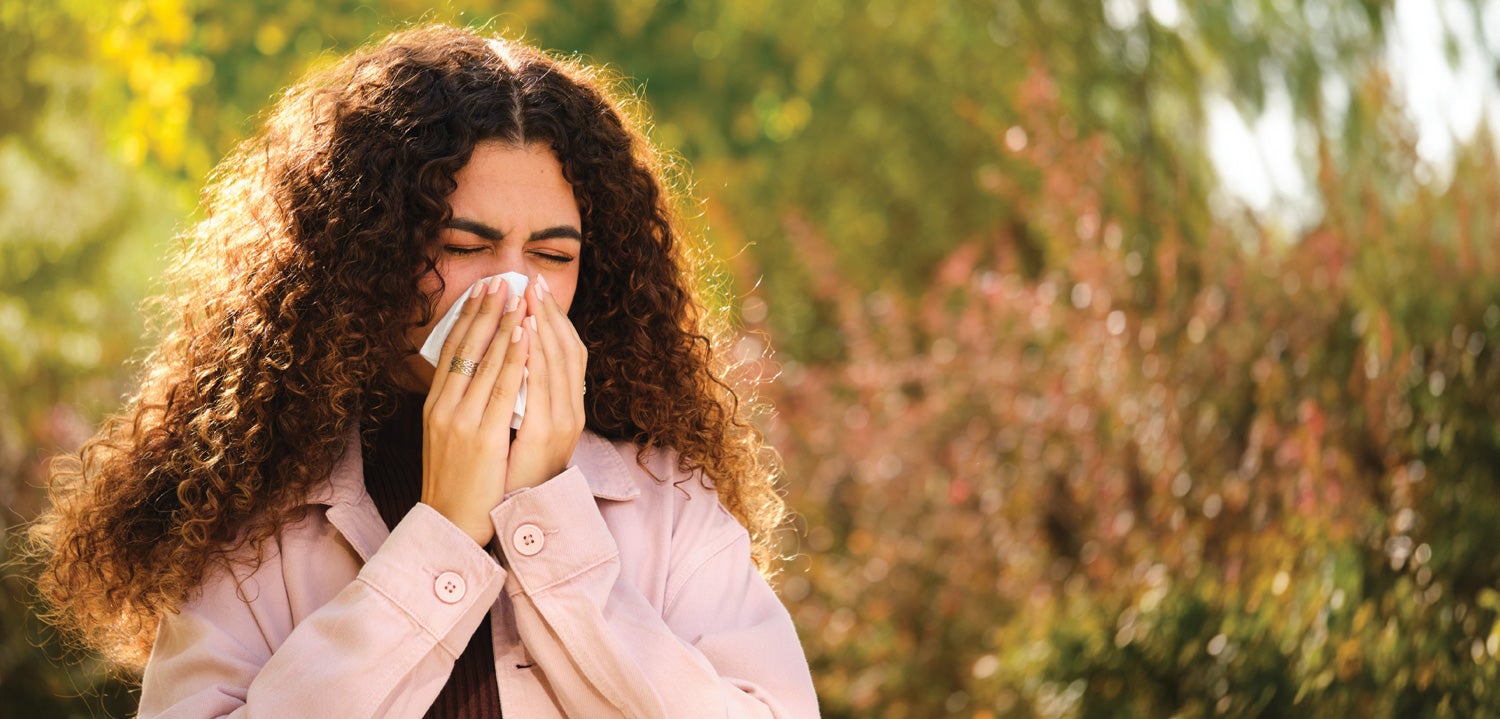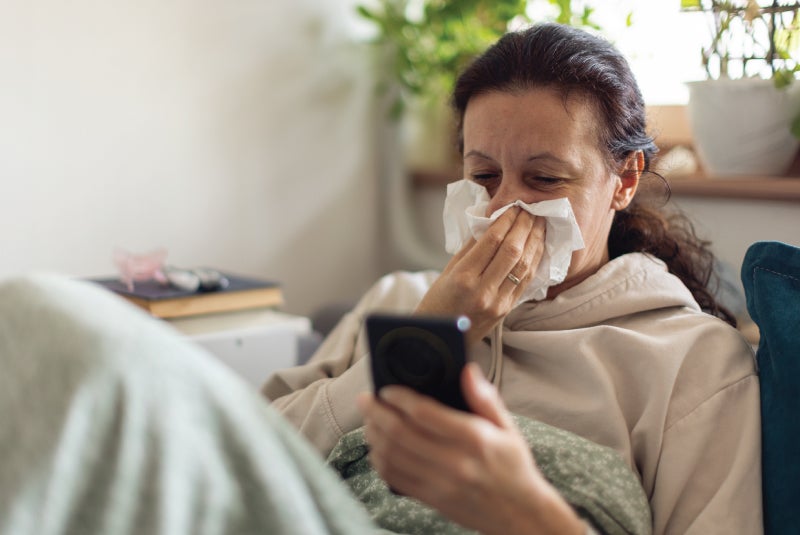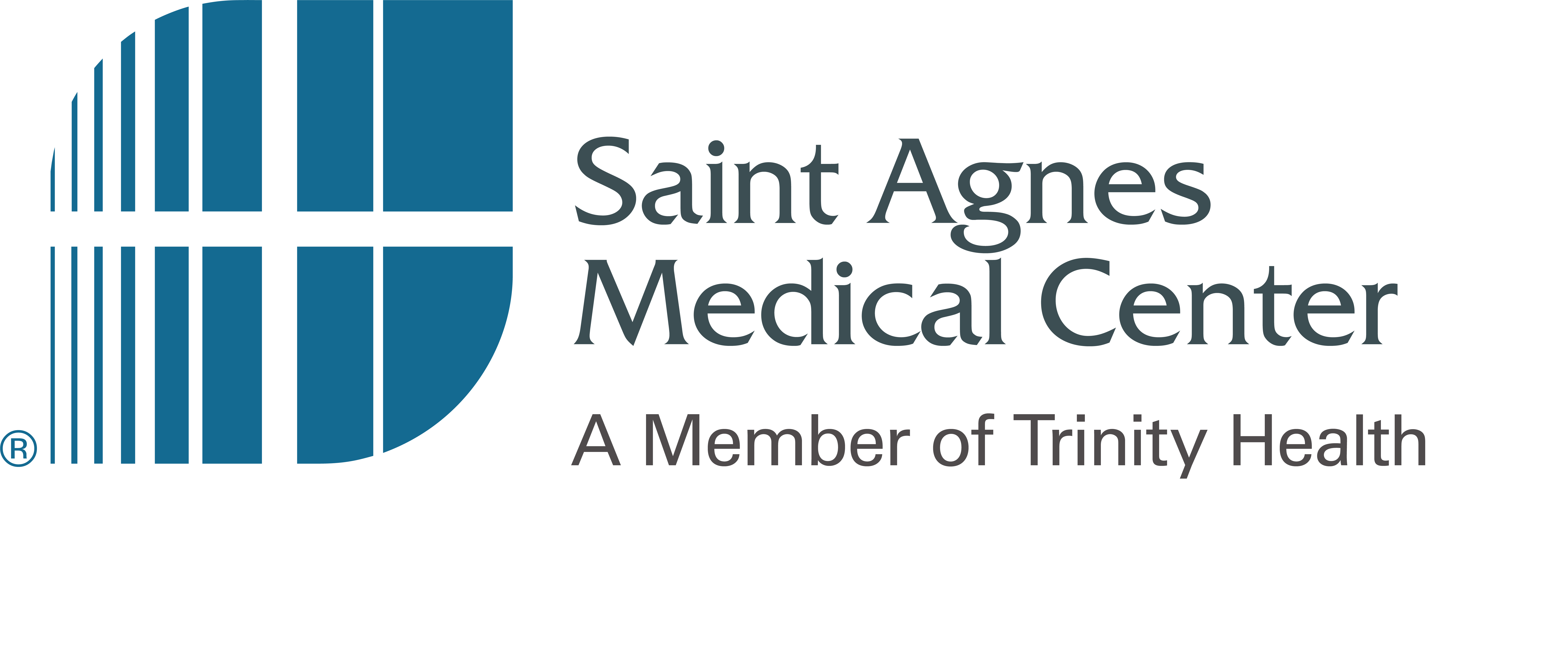Is it a sneeze or something more?
October 30, 2025
Tis the season of cough and sneezing. When cool weather rolls in, so does the annual wave of cold and flu season. If you're dealing with a runny nose, low grade fever or a cough you may be wondering what’s causing it, and more importantly, when you should go seek care. Understanding the difference between common respiratory illnesses and seasonal allergies can help you take better care of yourself and know when it’s time for professional care.
Influenza (flu)
Influenza A, B and C are different strains of the flu that can infect people. Cases of influenza A and B uptick during the winter and can cause severe symptoms while influenza C is common year-round but is less severe. If you have the flu, you may experience the following symptoms:
- Fever
- Chills
- Body aches
- Runny or stuffy nose
- Sore throat
- Vomiting or diarrhea (typically in children)
The flu is usually treatable at home with rest and fluids. If you are experiencing severe symptoms, your doctor may prescribe antiviral medication.
Respiratory Syncytial Virus (RSV)
RSV is a common virus that mainly affects the nose, throat and lungs. In young infants or older adults, it can become dangerous and even lead to a hospital stay. Symptoms can include:
- Runny nose
- Congestion
- Decrease in appetite
- Coughing
- Sneezing
- Fever
Symptoms usually appear in stages, and in young infants, symptoms may only be irritability, breathing difficulties, and decreased activity. Seek emergency care if your child is struggling to breathe, has worsening symptoms or isn’t getting fluids. In adults, RSV will go away on its own with rest and fluids. If you have concerns or struggle to get enough fluids, speak with a health care professional.
Common Cold
The common cold is a contagious virus that affects your nose, throat, sinuses and windpipe. Like its name implies, colds are very common, and some people will get several colds a year. Symptoms can happen in stages including the following:
- Low-grade fever
- Sore throat
- Mild hacking cough
- Achy muscles and bones
- Headache
- Mild fatigue
- Chills
- Stuffy, runny nose
- Scratchy, tickly throat
- Sneezing
There's no cure for the common cold but it usually goes away within 7-10 days.
Seasonal Allergies
Millions of people suffer from allergies and if you’re one of them, you know how miserable the change in seasons can make you feel. Allergies flare up when your body overreacts to a specific allergen. Depending on what you're allergic to, they may trigger what time of year you have a flare up. Common allergy symptoms include:
- Runny nose
- Congestion
- Constant sneezing
- Itchy, watery eyes
Allergies can usually be treated by over-the-counter medication and reducing exposure to allergens. If avoiding allergens and taking over-the-counter medications doesn’t relieve your symptoms, make an appointment with your health care provider to see what other treatments are available.
Establish with a primary care provider
If you don't already have a primary care provider, it's best or do so now before you get sick. Having a primary care doctor can help you avoid long wait times at urgent cares and potentially higher copays when you get sick. Plus, many of our Saint Agnes Care providers are accepting new patients and have same-day availability to help you get back to feeling your best.

What type of care do you need?
Developing an illness can be stressful and with so many care options available these days, knowing where to go to get the appropriate level of care can be a challenge. We've developed a guide to help you assess your health needs so you can choose the right location to receive care.
Know where to go